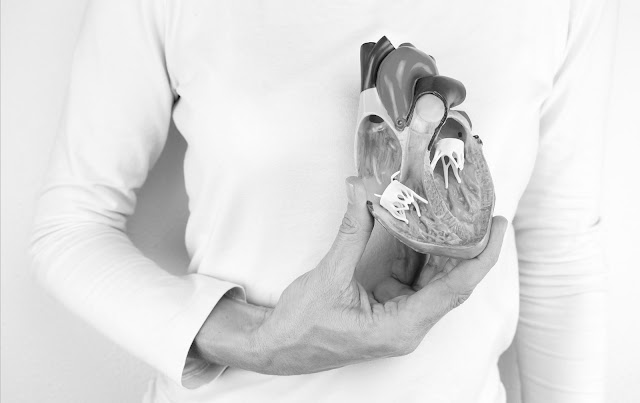What are heart valve problems?
Heart valves are responsible for maintaining the blood flow in the
heart. They control the amount of blood entering the heart and prevent the
backflow of the blood. Any defect in the
heart valve can cause the improper flow of blood that can result in major
problems like insufficient oxygen flow to the body.
According to the invasive cardiology doctors in Delhi, most of the time it is difficult to determine
a heart problem with just a physical examination. Common symptoms that lead the
doctor to perform a complete diagnosis consist of heart murmurs, bluish skin
and fatigue. Moreover, these symptoms are not noticeable until a later stage of
the disease.
The most common symptoms of a heart valve disease are shortness of
breath, difficulty in breathing, weakness, dizziness, fatigue, discomfort or
pain in the chest, palpitations (rapid, irregular heartbeats), heart murmurs
(an unusual sound made by the heart while pumping blood), swelling of ankles,
feet or abdomen and/or rapid weight gain.
As observed by some of the best
heart hospitals in India, these are some of the most common heart valve
diseases treated every year.
1. Valvular stenosis
Valvular stenosis is a condition of the
incompetence of the heart valve to open completely. This results in the
insufficient flow of blood. All four valves can develop stenosis. It stresses
the heart to pump the blood through the heart thus resulting in the premature
weakening of the heart muscles. Heart valve stenosis can lead to some major
consequences like the heart attack or stroke.
The doctors in the best heart hospital in Delhi reported that there are a number of
treatments available for heart valve stenosis. These treatments can aim to
repair the heart valve or replace the defective part with a new healthy one.
Heart surgeries can be stressful so the
doctors try to first treat the disease by medications to control the symptoms
and protecting the heart from any further damage. But when the damage is beyond
repair, the doctors have no choice but to perform a surgery to repair or
replace the valve.
Today, there are many minimally invasive
techniques used to prevent any damage to the surrounding nerves and muscles in
the operating area. The repair surgeries include percutaneous balloon
valvotomy. On the other hand valve, replacement surgeries include procedures
like TAVI (a minimally invasive technique).
2. Valve regurgitation
Also, know as valvular insufficiency, valve
regurgitation is a condition where the heart valve is unable to close tightly
thus making the blood flow back in its path. This condition reduces the blood
flow in the body thus reducing the levels of oxygen through the body. To make
up for the lost blood, the heart has to work harder thus putting extensive
pressure on its walls.
Just like valvular stenosis, valve
regurgitation can also be treated through surgery. Heart diseases are already
stressing and then to get a surgery at this complicated organ will only add
more stress to the patient’s mental health.
Heart valve replacement hospitals in India are well equipped with latest technology machinery and the doctors are highly experienced. They perform a thorough diagnosis on the patient with imaging tests like MRI and CT Scans to get a clear picture of the heart and the defective area. This helps them to make a route plan for the surgery.
Fighting a heart disease can be difficult not only physically but
mentally too. Talk to the doctor about the procedure and what may be needed to
provide after-care. The patient will have to make a few lifestyle changes even
after the replacement so as to not pressure the heart and damage the fragile
organ.



Nice blog. thanks for sharing
ReplyDeletefrom Best Hospitals in India